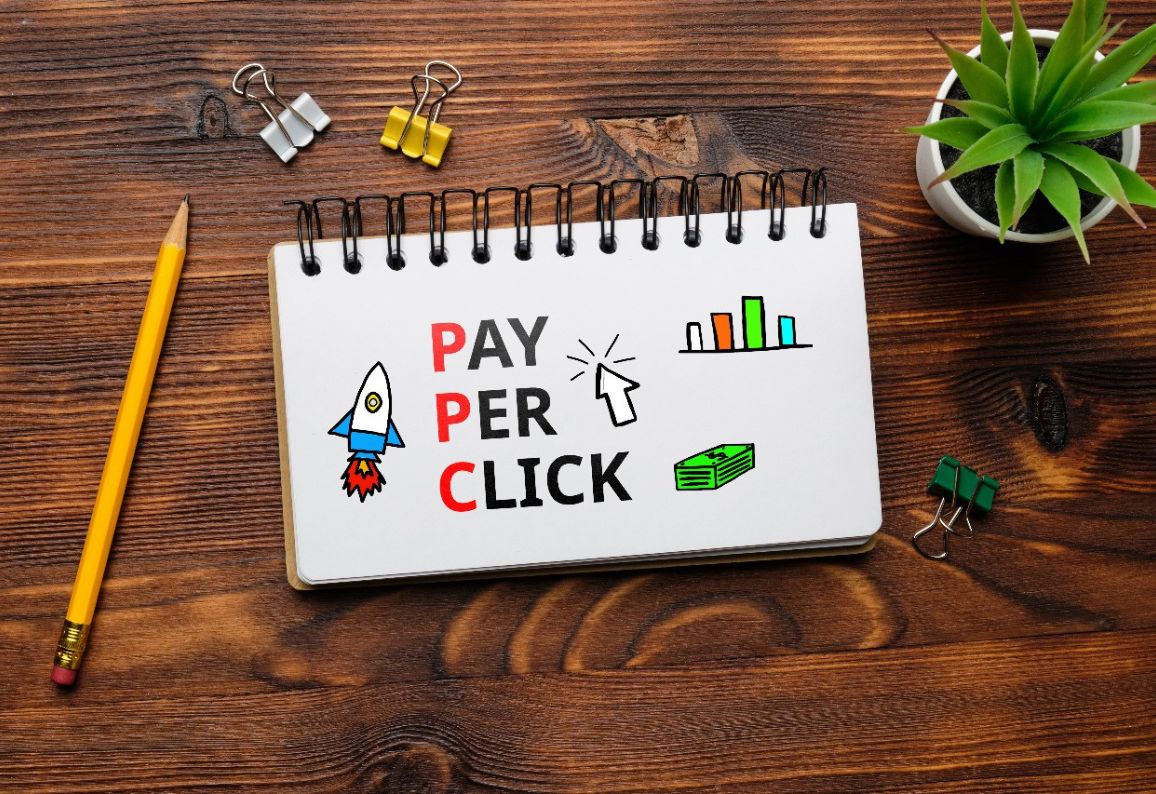Beginner’s Guide to Cost Per Click Marketing

Learn what Cost Per Click (CPC) means in digital marketing, its importance, and how CPC advertising drives ROI in online marketing campaigns.
Digital marketing has transformed how businesses connect with audiences. From a strong social media marketing strategy to advanced search engine optimization in digital marketing, the main objective remains the same: generating leads and sales. Among all models of online marketing, one of the most effective is cost per click (CPC) advertising. Whether you run an online marketing business or collaborate with a digital marketing company, understanding CPC is vital for success. This blog explains what CPC is, how it works, and why it is crucial for modern campaigns.
CPC, or cost per click, is a pricing model in digital marketing services where advertisers pay only when users click on their ads. Unlike traditional models where you pay for impressions, CPC ensures money is spent only on real engagement. For example, if you spend ₹500 on Google ads and receive 100 clicks, your average cost per click is ₹5. This makes CPC one of the most trackable and effective methods in online marketing.
Ad Placement: Advertisers use platforms like Google AdWords pay per click or social media ads.
Bidding System: Advertisers set a bid, the maximum amount they’re willing to pay per click.
Quality Score: Search engines measure ad quality, relevance, and landing page performance.
Auction: The ad placement is decided based on bid plus quality score.
Charges: Each time a user clicks, you pay the click per pay cost.
This model ensures that only relevant ads with strong performance get visibility in advertising pay per click systems.
Cost Control: You pay only when someone clicks.
Measurable ROI: Clear insights into how campaigns are performing.
Flexibility: Budgets and targeting can be adjusted instantly.
Relevance: A well-crafted social media marketing strategy can lower CPC by driving more qualified traffic.
Many marketers confuse cost per click (CPC) with ads pay per click (PPC).
PPC is the advertising model where advertisers pay per click.
CPC is the metric showing how much each click actually costs.
Think of PPC as the system and CPC as the result.
For effective cost per click advertising, businesses should:
Use search engine optimization in digital marketing to reduce dependency on high CPC keywords.
Build a solid social media marketing strategy to drive low-cost traffic.
Target the right audience for better conversions.
Optimize landing pages to improve quality score and reduce CPC.
Track performance in cost per click marketing and adjust bids accordingly.
The average cost per click varies by industry and competition:
E-commerce: Higher CPC due to competitive keywords.
Local businesses: Lower CPC with targeted audiences.
Cost per click affiliate programs: Provide publishers opportunities to earn while businesses get relevant traffic.
Google AdWords pay per click: Popular for intent-driven searches.
Social media ads pay per click: Best for audience-based targeting.
Affiliate networks: Cost per click affiliate programs help scale traffic sources.
Display advertising: Banner ads run on websites using CPC models.
Quick results compared to SEO.
Complete budget control.
Transparency in performance.
Scalable campaigns for any size online marketing business.
Competitive industries drive up CPC.
Risk of click fraud.
Continuous spending needed for traffic.
In the competitive digital landscape, cost per click advertising is a proven way to reach targeted audiences. From Google AdWords pay per click to advertising pay per click campaigns, CPC provides measurable and scalable growth opportunities. With expertise in digital marketing services, cost per click marketing, and search engine optimization in digital marketing, CyberInfomines helps businesses maximize ROI.
📞 Call us: +91‑8587000904, 8587000906, 9643424141
🌐 Visit: www.cyberinfomines.com
📧 Email: vidhya.chandel@cyberinfomines.com